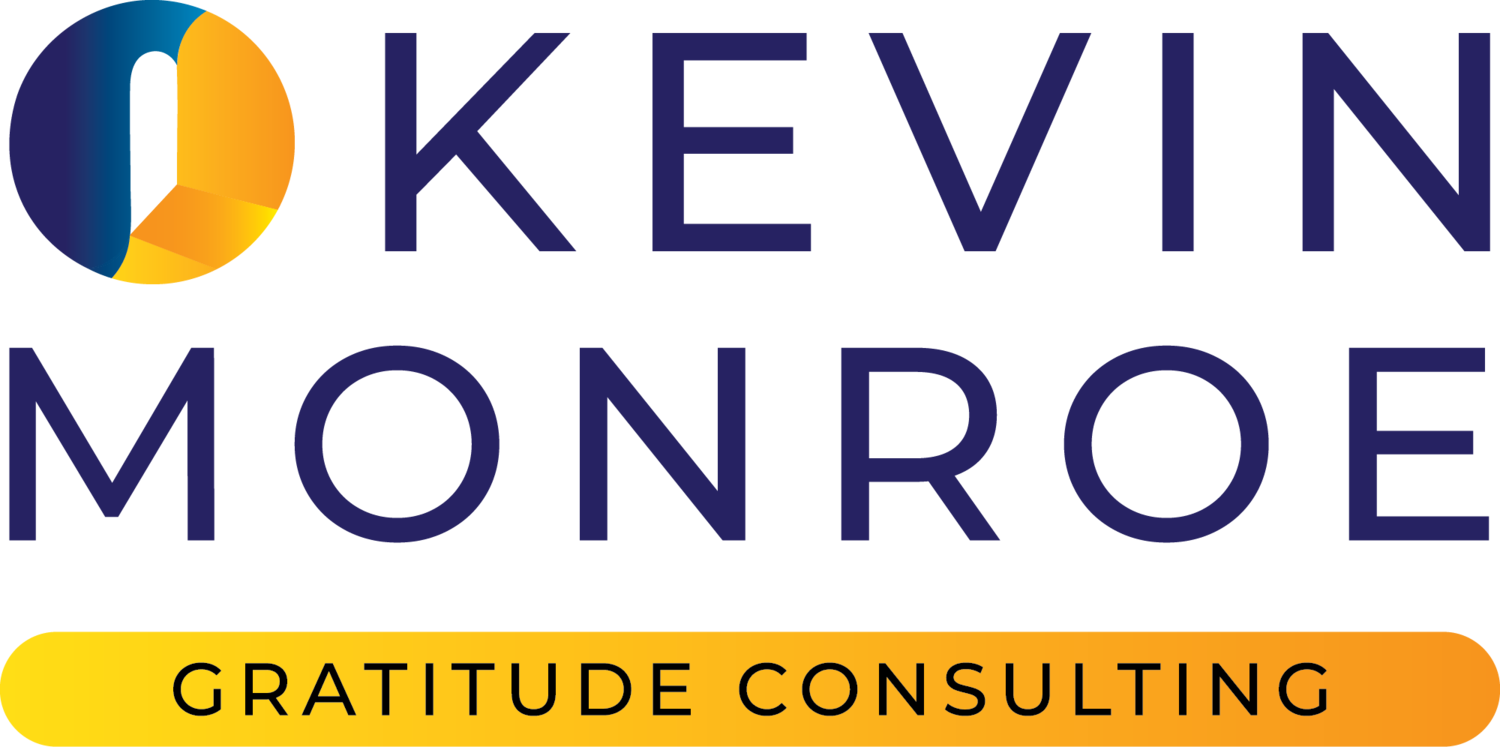
THE IGFY NEWSLETTER
Higher Purpose Podcast 88: Everybody Matters with Bob Chapman
Adding to this series of conversations we’re having about what it means to approach business from a people first focus is today’s episode with Bob Chapman. Bob is the author of Everybody Matters, and today we’re talking about creating work cultures where people flourish, how that impacts our lives outside of work, and what it means to care about and be a steward for your organization. Listen to the full episode:
The business of caring
We work in a system where people are meant to be managed. But, as Bob realized, you can’t really manage anyone. And nobody wants to be managed. We have a broken language that dehumanizes businesses and focuses on value creation — profits and growth — instead of human dignity.
Bob shares the March Madness story about the time he realized: Why can’t business be fun? Why do we call it work? The number one source of happiness in the world according to Gallup is a good job working with people you enjoy, and that’s denied to most people in this country.
Justifying human leadership
During a talk on truly human leadership, Bob was asked, “How do you justify this truly human leadership?” To which he replied, “Did you just ask me how I justify caring for people?”
The person people report to at work has a bigger impact on our health than our family doctor. The way we treat people at work affects the way they go home and feed their families.
“How,” Bob asks, “do you justify not caring?”
Impact
The Church has people one hour a week, and they already have so much influence. We have people in our care for 40 hours a week. When you think of the time we have people in our care compared to any other institution, we could be the most powerful force for good in the world.
Inspired by parenting
Everything Bob learned about leadership, he learned from parenting. Both are a stewardship of the lives that come into our care — ensuring who they are and what they do matters, and they can return to their homes each night feeling valued.
Stewardship is caring. When we care for somebody, it’s not about being nice and giving in to anything they want. It’s about giving people responsible freedom and preparing them to be good stewards of their own lives when they leave.
Where do we start? Education: teaching people to listen to each other, and letting them know they matter while we give them technical skills. Too much of our education today is financial and strategic and economic, and not enough of it is human. How would you treat your own son or daughter?
The ripple effect
CEOs are all concerned about the rising costs of healthcare, but Bob points out: they are the problem. 74% of all illnesses are chronic, the biggest cause of chronic illness is stress, and the biggest cause of stress is work.
But when people at work are taught to care for each other? They say their marriages are better and their relationships with their kids are great. If you don’t feel good about yourself at work, then you’re not going to be fully present at home and take care of your children, your spouse, and your community.
Listening with empathy
Listening with empathy means being fully present when someone is talking, not judging, and being curious. This makes a big difference because collaboration can only occur if we know how to listen to one another. Most of us are more willing to tell others what we think than to listen to what they think.
Final thoughts
As Bob was being interviewed a few years ago, the interviewer remarked that Bob was the first CEO not to mention his product. He said he did: it’s their people. He isn’t going to go to his grave proud of the machines they built. He’s going to his grave proud of the people who built those machines.
It’s a long-term battle, but genuinely caring for each other can make a material difference in the world. We simply need to care.
Want to grow as a HumansFirst leader and connect in meaningful conversations with other HumansFirst leaders?
Join me for the HumansFirst Book Club, where we do a deep dive into a book a month and often engage the authors in conversation.
Resources
Everybody Matters: The Extraordinary Power of Caring for Your People Like Family
